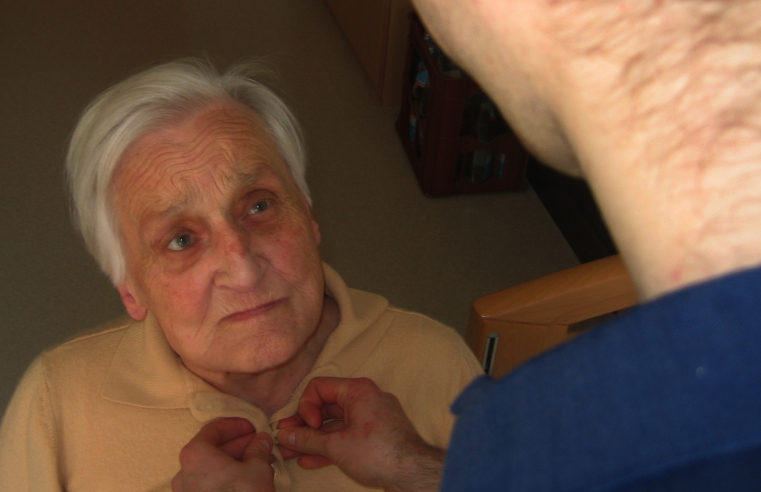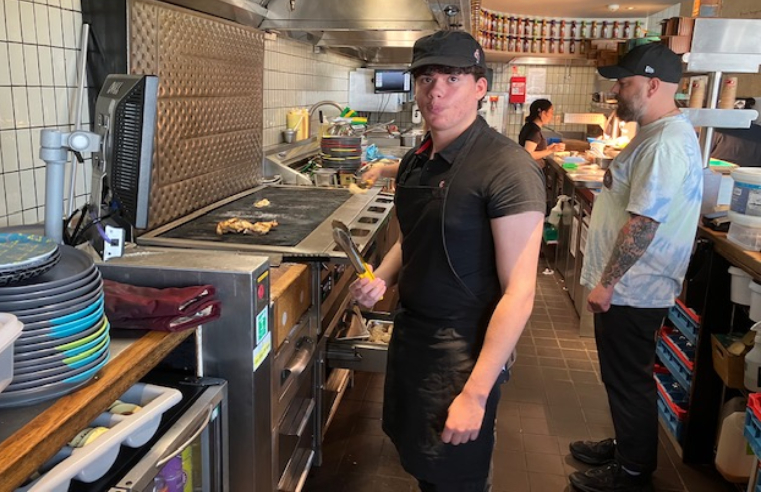Caring for their elderly loved ones costs unpaid carers over £3,000 per year, new research has revealed.
Retirement specialist Just Group has revealed the immense financial cost shouldered by informal carers looking after elderly relatives, with these carers spending £58 a week on average.
The figures, taken from a survey of more than 2,000 adults around the UK aged 45-75 including 1,002 carers, found that over four in five (82%) of those caring for an elderly relation receive no financial support from other members of their family or the person they are providing care for. This places a financial strain on many ‘unpaid carers’, with one in seven (13%) saying they have gone into debt as a result providing care.
Men spend far more money than women on caring for relatives (£3,895 annually, or £75 a week – compared to £2,158 annually or £42 weekly for women). In turn, men receive more money from their families, with one in five (20%) men receiving an average of £160 a week financial support, compared to one in six (16%) women receiving an average £123.
The research also found that a fifth of those caring for family (20%) have had to reduce the amount they save in order to continue providing care, with more than one in ten (11%) using their savings to make ends meet. The cost is psychological as well as financial, with three in ten (30%) admitting they feel guilty for resenting the time or money they spend caring.
Stephen Lowe, Group Communications Director at retirement specialist Just Group, commented: “Caring for elderly relatives is a real labour of love due not only to the time, effort and emotional burden, but also the financial cost.
“Unfortunately, many people shy away from making proper plans or provisions for their care, often with the result that the burden falls on their relatives’ shoulders. But before we can encourage people to plan ahead, they need to know what they’re planning for, so the government must bring forward their care reforms quickly, or we will see many more forced into these difficult situations.
“The Prime Minister stood on the steps of 10 Downing Street and promised to make social care a priority after his election. That was a welcome statement and, while the pandemic has clearly taken up much of the government’s energy in the last year, it is imperative that it does not become an excuse for further delay. After all, a decade has already slipped past since the Dilnot Review’s recommendations, which were heralded as setting the course for a new social care policy.”

























